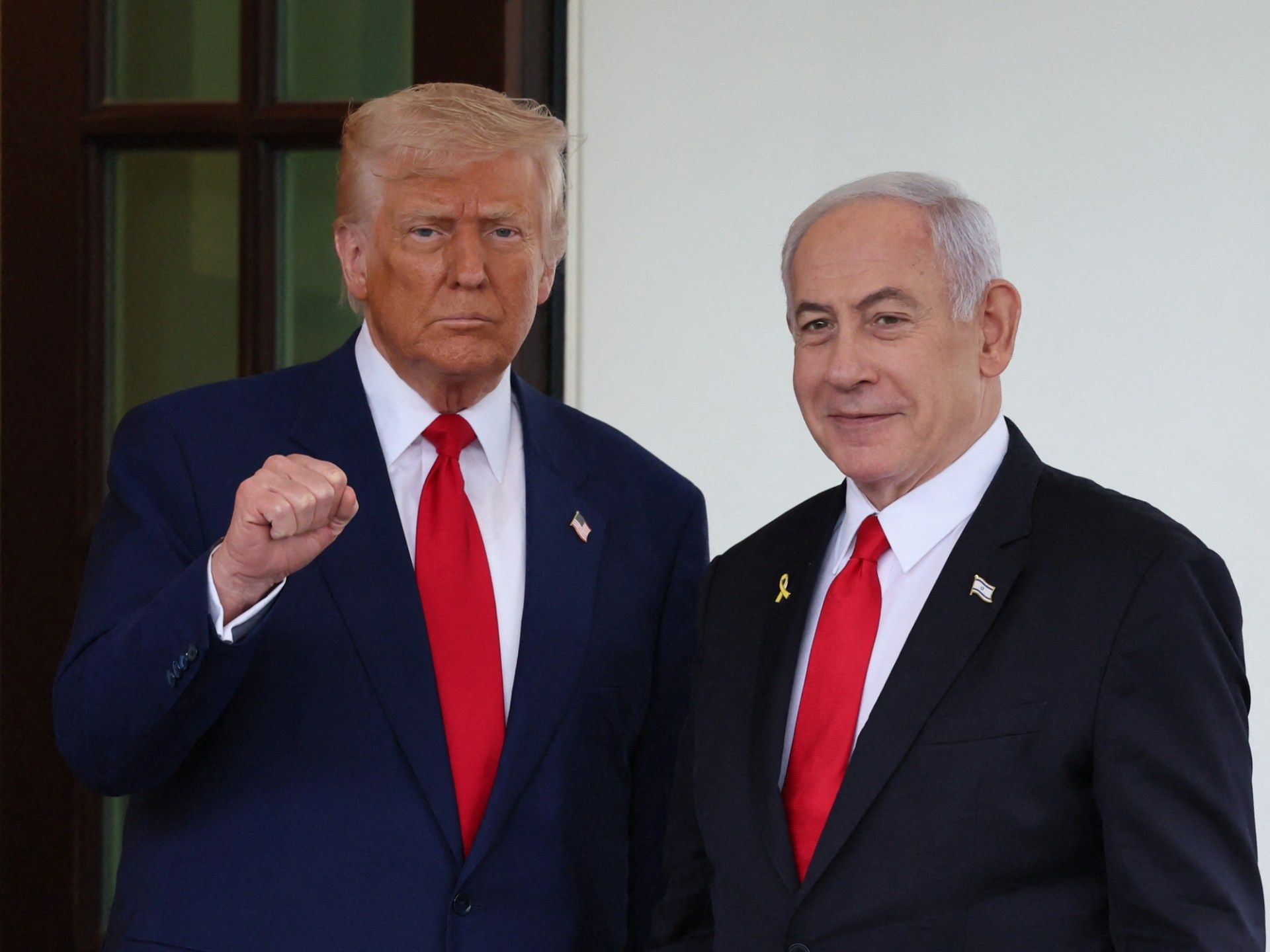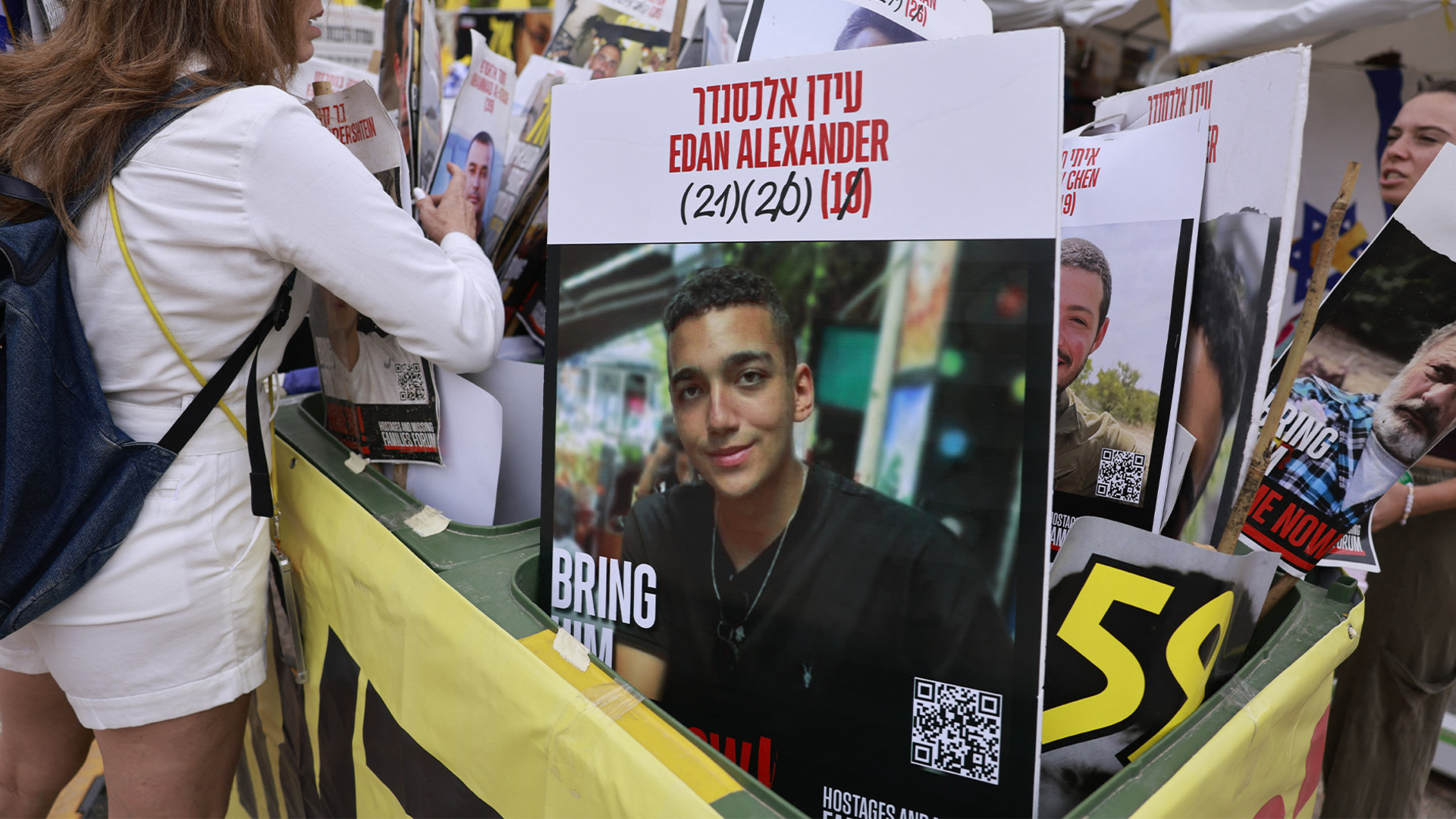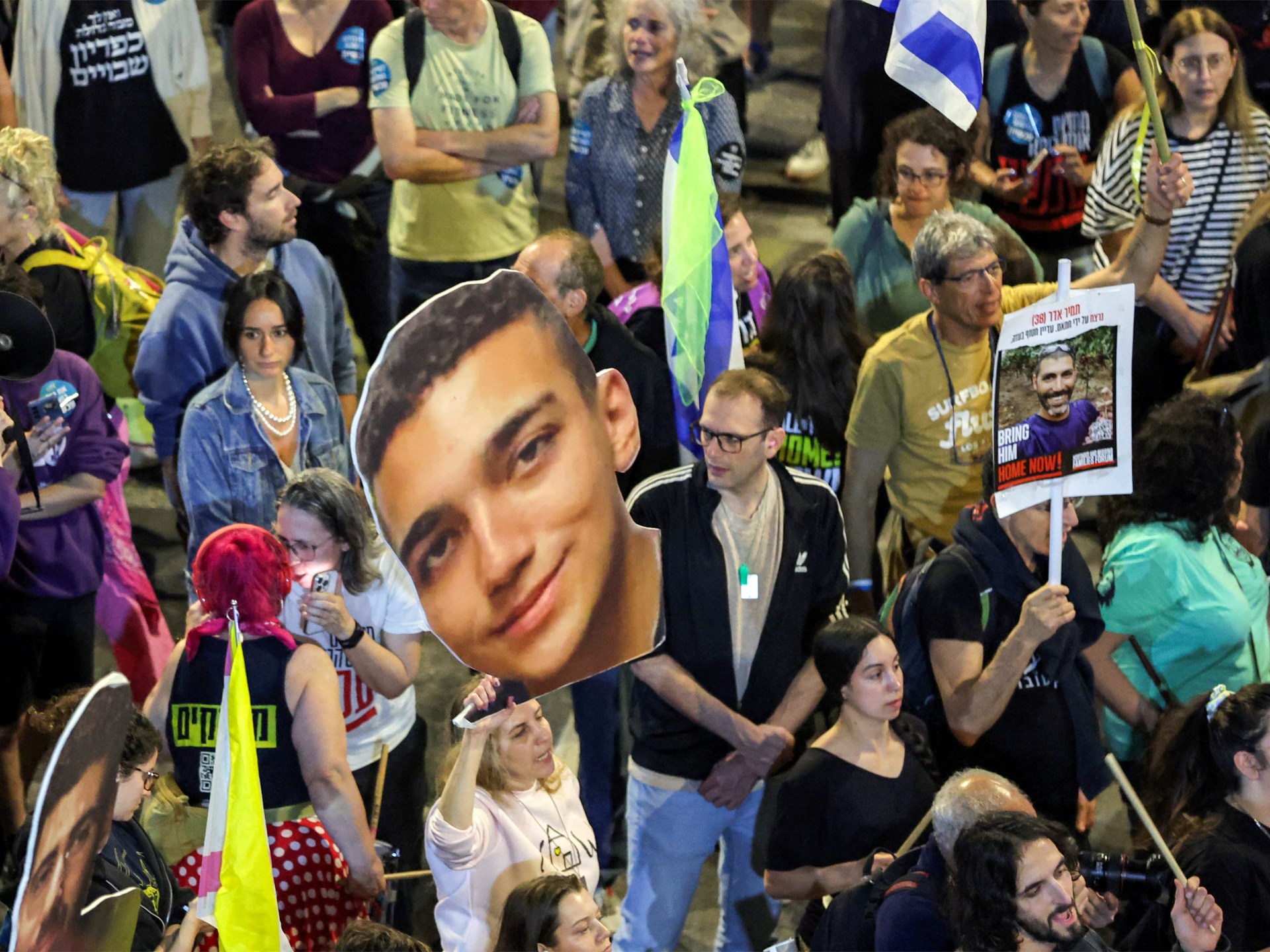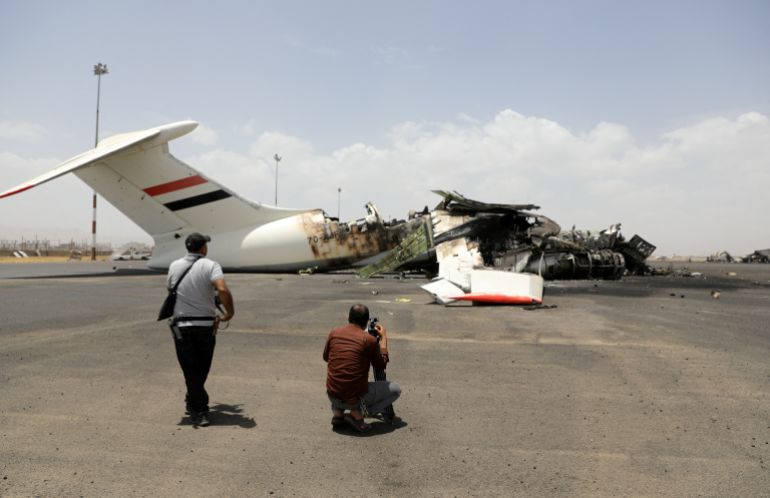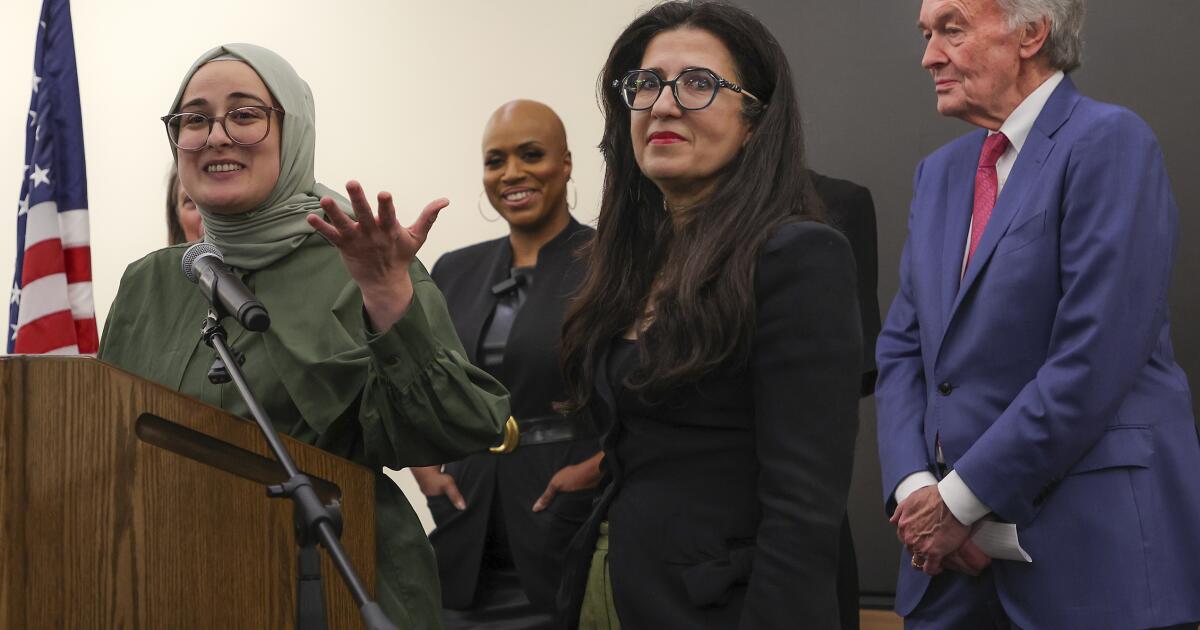Is Trump abandoning Israel? Not really | Israel-Palestine conflict
United States President Donald Trump descends on Tuesday on the Middle East for a regional tour that will begin in Saudi Arabia and include stops in the United Arab Emirates and Qatar. It is a business trip in every sense of the term, involving potentially trillions of dollars in investment and trade deals.
The UAE, for example, has already pledged $1.4 trillion in investments to the US over 10 years in sectors ranging from artificial intelligence and energy to mining and aluminium production. Saudi Arabia, for its part, has committed to investing $600bn in the US over the next four years. According to the Reuters news agency, Trump will also be offering the kingdom an arms package to the tune of $100bn.
Meanwhile, in keeping with the president’s solid history of nepotism and self-enrichment, it just so happens that the Trump Organization is currently presiding over real estate projects and other business ventures in all three Gulf countries he is slated to visit.
And yet one country is conspicuously absent from the regional itinerary despite being the US’s longstanding BFF in the Middle East: Israel, the nation that has for the past 19 months been perpetrating genocide in the Gaza Strip with the help of gobs of US money and weaponry. The official Palestinian death toll stands at nearly 53,000 and counting.
Although the genocide kicked off on the watch of his predecessor President Joe Biden, Trump was quick to embrace mass slaughter as well, announcing not long after reassuming office that he was “sending Israel everything it needs to finish the job” in Gaza. It appears, however, that Israel is taking a bit too long for the US president’s liking – particularly now that Israeli Prime Minister Benjamin Netanyahu has prescribed an intensified offensive against an enclave that has already been largely reduced to rubble.
The issue, of course, is not that Trump cares if Palestinian children and adults continue to be massacred and starved to death while Israel takes its sweet time “finishing the job”. Rather, the ongoing genocide is simply hampering his vision of the “Riviera of the Middle East” that will supposedly spring forth from the ruins of Gaza, the creation of which he has outlined as follows: “The US will take over the Gaza Strip, and we will do a job with it too. We’ll own it.”
So while war may be good for business – just ask the arms industry – it seems that too much war can ultimately be a counterproductive investment, at least from a Trumpian real estate perspective.
In the run-up to Trump’s Middle Eastern expedition, reports increasingly circulated of tensions between the US president and the Israeli prime minister – and not just on the Gaza front. On Sunday, NBC News noted that Netanyahu had been “blindsided – and infuriated – this past week by Trump’s announcement that the US was halting its military campaign against the Iranian-backed Houthis in Yemen”.
Even more annoying to the Israeli premier, apparently, is Trump’s refusal to endorse military strikes on Iran. Plus, the US has reportedly discarded the demand that Saudi Arabia normalise relations with Israel as a condition for US support for the kingdom’s civilian nuclear programme.
What, then, does the strained Trump-Netanyahu rapport mean for the ever-so-sacred “special relationship” between the US and Israel? According to an article published by the Israeli outlet Ynetnews: “Despite the tensions, Israeli officials insist behind-the-scenes coordination with the Trump administration remains close, with no real policy rift.”
The dispatch goes on to assure readers that US Ambassador to Israel Mike Huckabee has “denied rumors that Trump might announce support for a Palestinian state during the visit” to the three Gulf nations. Of course, it’s not quite clear what sort of “Palestinian state” could ever be promoted by the man proposing US ownership of the Gaza Strip and expulsion of the native Palestinian population.
Although Israel may be sidelined on this trip, that doesn’t mean it won’t continue to serve a key function in general US malevolence. Just last month, Israeli National Security Minister Itamar Ben-Gvir – source of the idea that there is “no reason for a gram of food or aid to enter Gaza” – was hosted by Republican officials at Trump’s Mar-a-Lago resort in Florida. After a dinner held in his honour, Ben-Gvir boasted that Republicans had “expressed support for my very clear position on how to act in Gaza and that the food and aid depots should be bombed”.
Flashy trillion-dollar Gulf deals aside, rest assured that the Trump administration remains as committed as ever to capitalising on Israeli atrocities.
The views expressed in this article are the author’s own and do not necessarily reflect Al Jazeera’s editorial stance.
